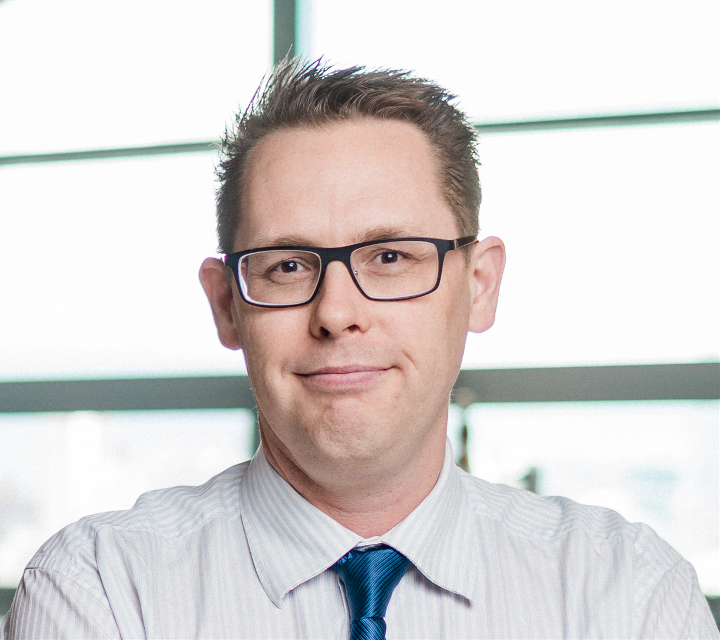VANCOUVER, BC – The discovery by BC researchers of a group of bad actors ‘hidden’ within a cohort of good ones may translate into new hope for cancer patients diagnosed with a type of lymphoma that doesn’t respond well to treatment.
Patients with double- and triple-hit lymphoma currently represent a small percentage of the most common form of non-Hodgkin lymphoma, diffuse large B-cell lymphoma (DLBCL), but their survival is poor. Their cancer has re-arrangements of two or three genes (MYC, BCL2 and or BCL6) while most other forms of lymphoma have only one or none of these genes re-arranged. As a result, it is aggressive and hard to treat.
The Terry Fox Research Institute-funded team’s identification of a gene expression signature for this cancer in what was otherwise known as a good prognosis lymphoma called germinal center B-cell like diffuse large B-cell lymphoma (GCB-DLBCL), is published today in the Journal of Clinical Oncology (JCO). The identified hidden group consisted of double hit lymphomas and an equally large group of lymphomas that shared the same gene expression signature, biology and poor outcome. The team also identified a large group (GCB-DLBCL negative) that have excellent outcomes.
“This is a big step forward in improving outcomes for lymphoma patients. The findings identify a new sub-group within DLBCL that has a distinct biology that is potentially targetable. It may be possible to build clinical trials around this new lymphoma sub-group going forward,” explains co-senior author of the publication Dr. David Scott, a clinician-scientist at the BC Cancer Centre for Lymphoid Cancer in Vancouver and associate professor at the University of British Columbia.
The team has since created a clinical assay that can be used to test patient biosamples for potential targeted treatments in clinical trials.
Dr. Scott is in San Diego, California this week presenting the BC group’s findings at the 60th annual American Society of Hematology conference, the largest gathering of this group of experts. For their study, the team, including co-senior author Dr. Ryan Morin, (BC Cancer and Simon Fraser University, Vancouver) analyzed RNA sequencing data from a cohort of 157 patients with GCB-DLBCL to better understand the biology of both high-grade B cell lymphoma (HGBL) and DLBCL.
Appearing alongside the BC’s group’s published paper is a second study from a research team in the United Kingdom that reached an identical conclusion while using a different approach. Dr. Scott is pleased the UK study further validates their results and he predicts it is possible that the identification of the new sub-group will lead to a reclassification of lymphoma by the World Health Organization.
The study is also supported by a number of other funders.

About The Terry Fox Research Institute (TFRI)
Launched in October 2007, The Terry Fox Research Institute is the brainchild of The Terry Fox Foundation and today functions as its research arm. TFRI seeks to improve significantly the outcomes of cancer research for the patient through a highly collaborative, team-oriented, milestone-based approach to research that will enable discoveries to translate quickly into practical solutions for cancer patients worldwide. TFRI collaborates with more than 80 cancer hospitals and research organizations across Canada. TFRI headquarters are in Vancouver, B.C. For more information please visit www.tfri.ca and follow us on Twitter @tfri_research.
Information for media:
Dr. Scott is reachable in San Diego Dec. 3-4 for interview. To speak with him, please contact:
Kelly Curwin
Chief Communications Officer
Terry Fox Research Institute
675 West 10th Avenue
Vancouver BC Canada V5Z1L3
kcurwin@tfri.ca
Office: 604-675-8223; cell: 778-237-8158
LINK TO JCO
http://ascopubs.org/journal/jco
JCO.18.01583R1
PHOTO CAPTION: Dr. David Scott